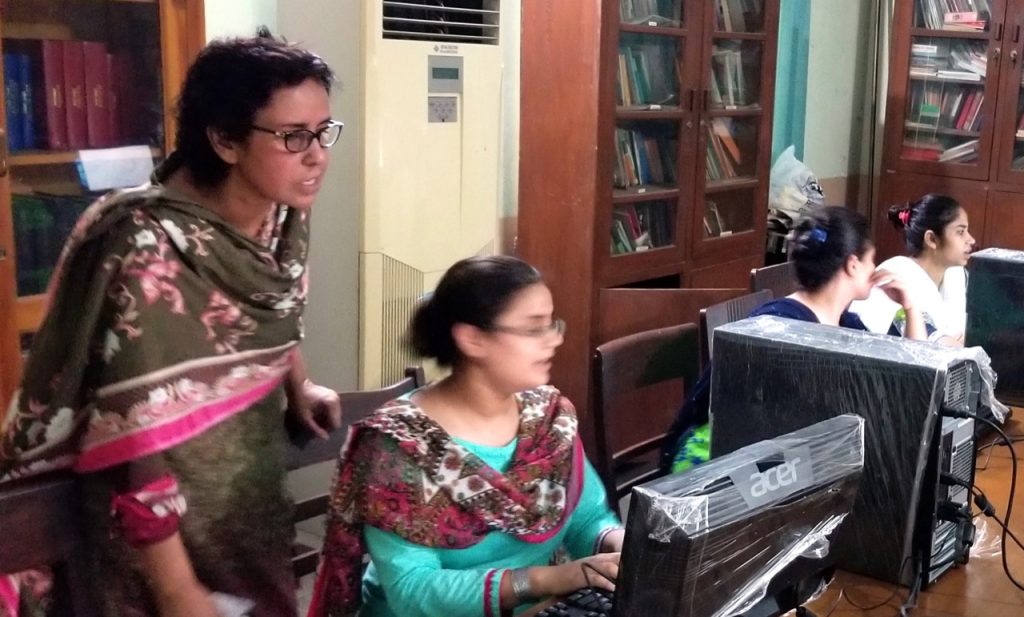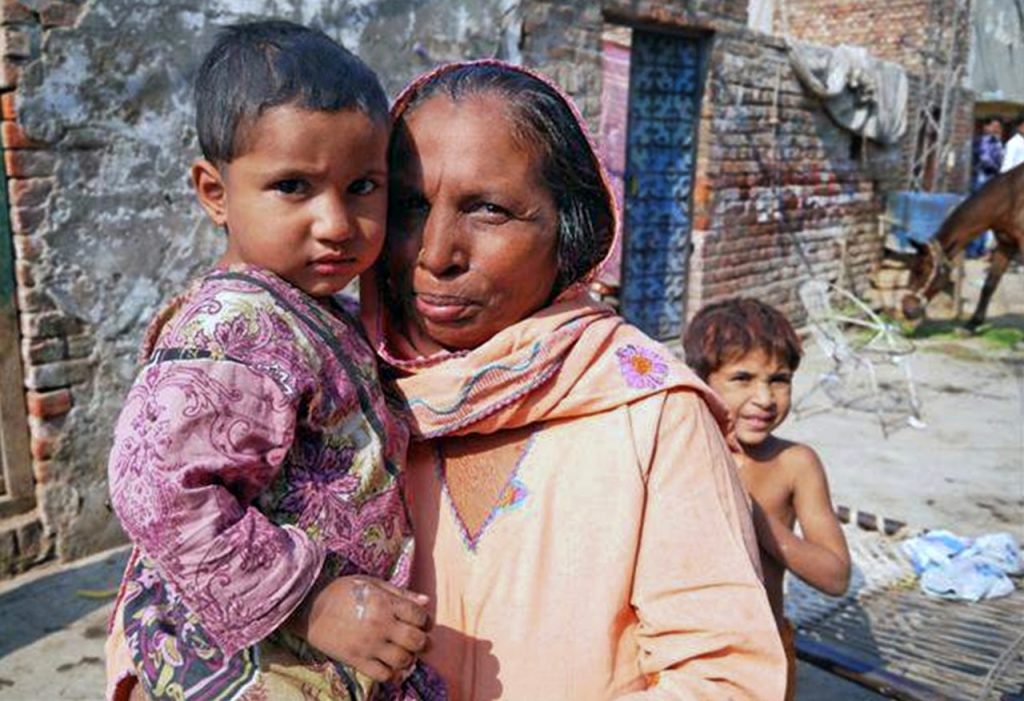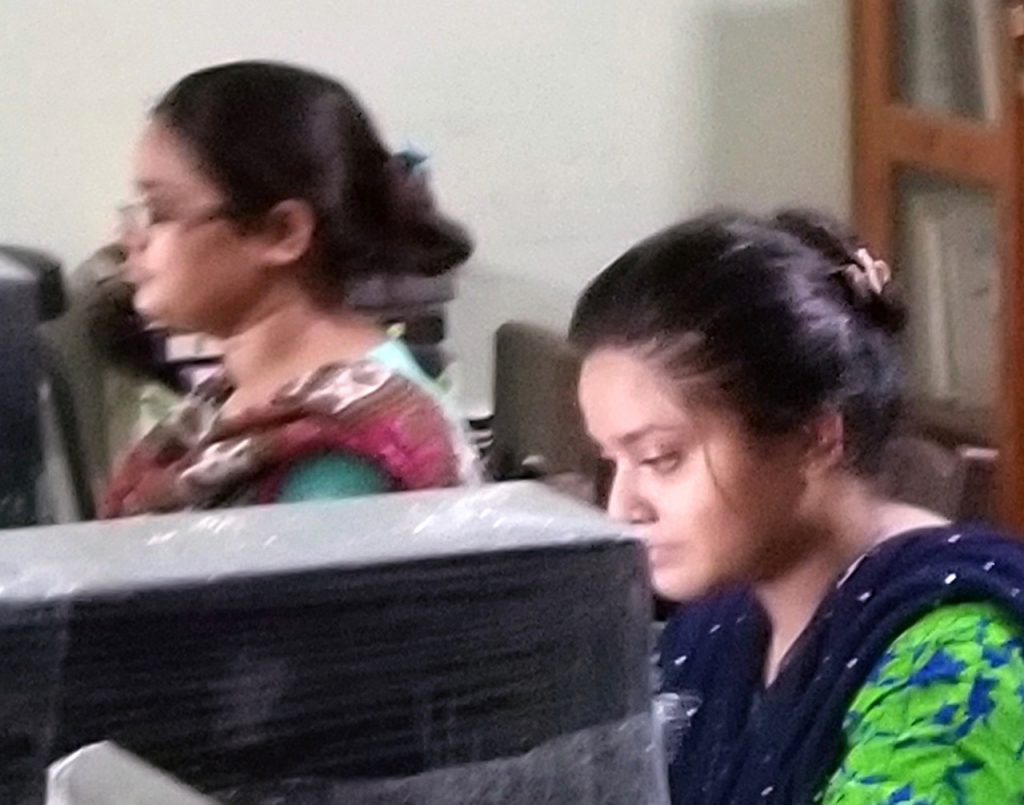What does distance learning look like in Pakistan?
Posted on November 6, 2020, by Nasreen Daniel SL

When the government started online classes for children of all grades, we sisters pasted our web address on our school’s gate for the parents. Abid is one of the students in our school. His mother asked how she could use that link for her children who study in our school at different levels. I told her I would write out the link and she could get online on her phone so her kids could attend classes. I asked her to show me her phone; “I have no phone,” she said.
“But I have seen, you had a good one.”
She kept quiet for some time and then said, “Their father cannot go for a daily wage now, and we had no food for our kids; we sold the phone and got food for a month.”
What a state of helplessness! What to do? Should we call her kids to school so they could use our phones or computer in order to get online for their lessons? Or should we buy a phone for her — but then for how many others? Where to stop? How to justify it? Where would we get the resources, and where to put the limit to our charity?

We started giving a lot of homework for the days the kids are at home. She has three in our school; we take one at a time. When they arrive, we first ask them to wash with soap, and we are very careful. When they leave, whoever was with them takes a shower and changes her clothes.
The people who live in our area in the outskirts of Lahore are mostly daily wagers, pushcart vendors, autorickshaw drivers, shopkeepers, sweepers and other lowpaid workers. When the world is fighting the coronavirus pandemic, poverty-stricken people are fighting a war to survive. They struggle to satisfy their kids’ hunger, pay utility bills, rent and medical expenses. Their focus is on looming hunger more than on the coronavirus. Whatever they earn in a day is used to buy the vegetable to be cooked that day, and if they don’t earn anything they take a loan from the money lender or neighbors. Some of them earn $1 or $2 per day. Pakistan struggles with a weak health care infrastructure and still sees avoidable deaths from polio, diarrhea, dengue fever and malaria. Managing the coronavirus crisis has been a huge challenge.
What is Loretto doing for our neighbors during this pandemic? We make masks for the poor in our area and distribute them free of cost. We provide clean water and grow and give out vegetables from our garden. It is a pity that some days we don’t have enough veggies to harvest for all those in need.
At school, we write out homework for the kids, making copies, and asking them to study at home. We know this will not happen with 80 percent of our kids, since there is no one in the family who is literate and able to help them, but at this moment we need their good health. We are ready to work harder to help them when schools in Pakistan reopen. The rest we leave in God’s hands.

Photos by Nasreen Daniel SL
